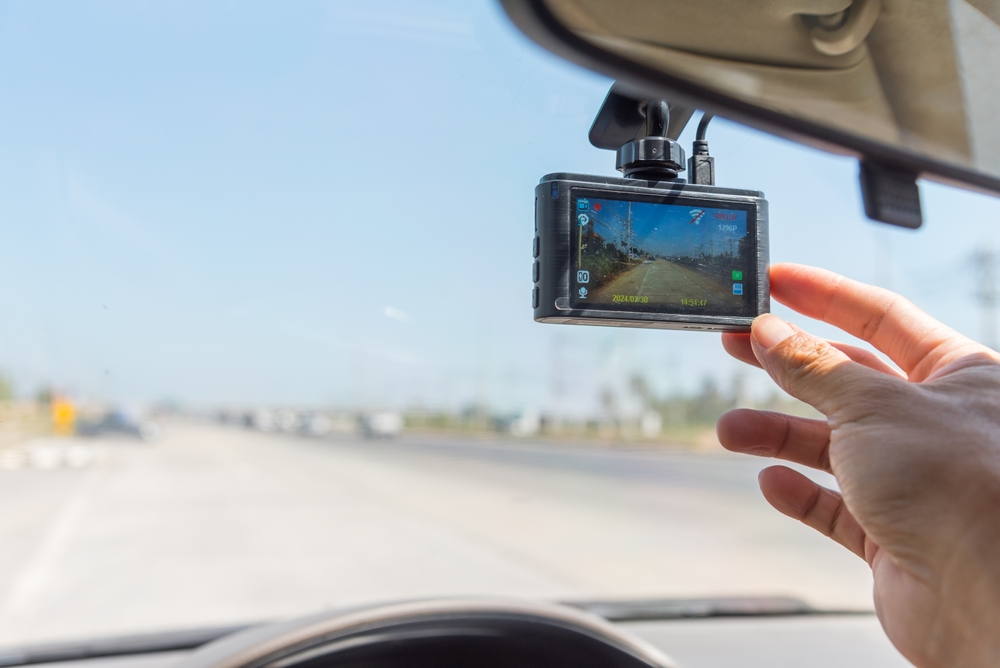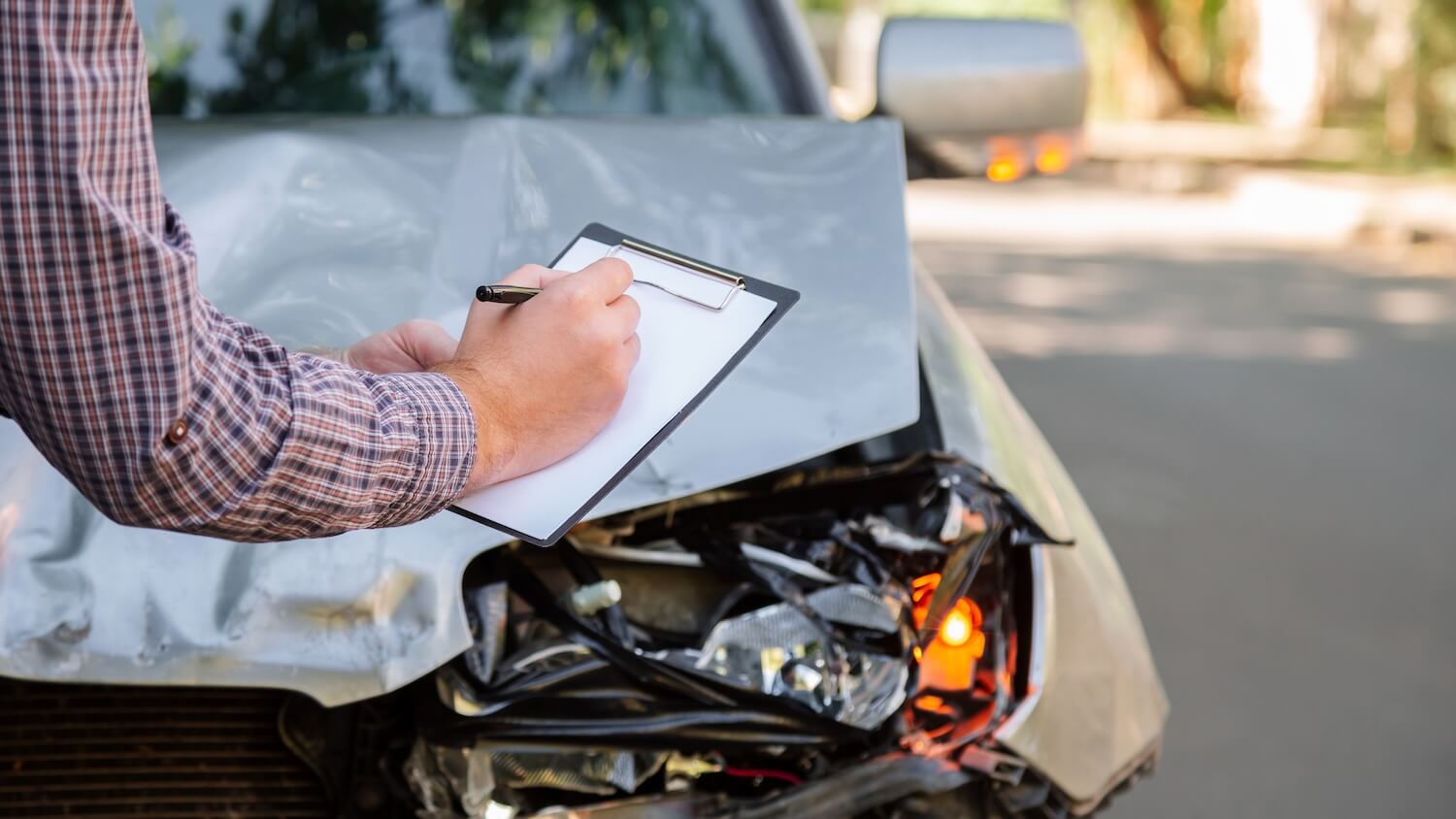What Happens If You’re Injured on Someone Else’s Property?
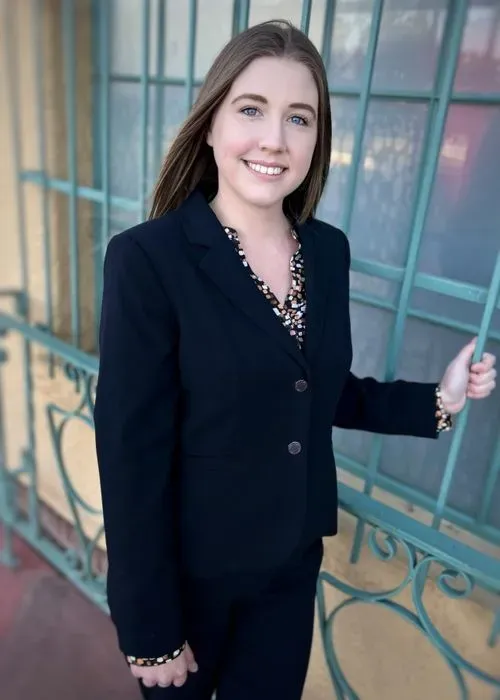
Written by Molly A. Ullrich
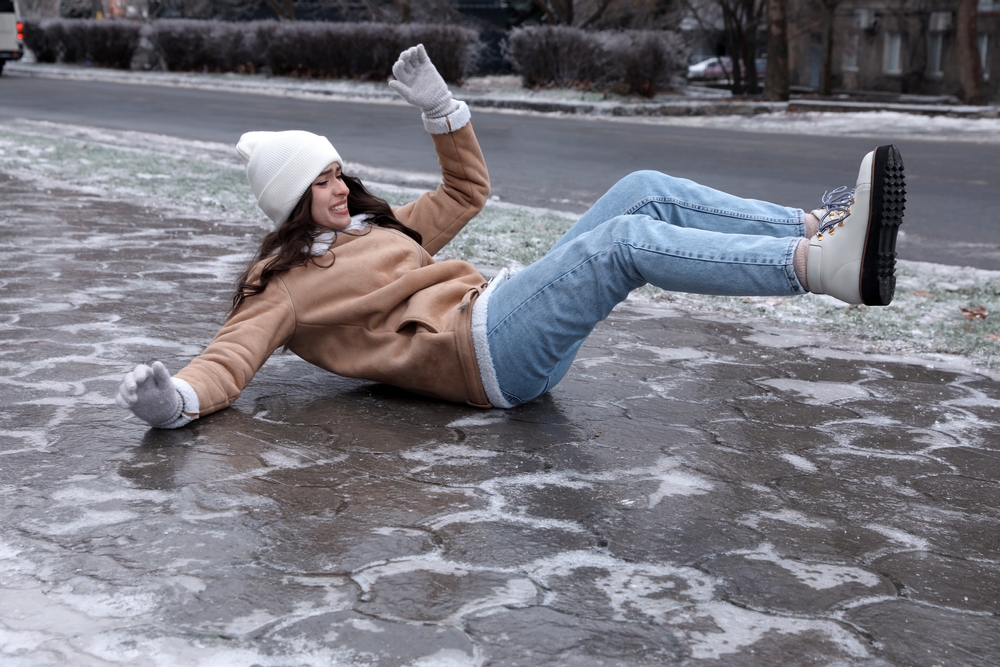
If someone is injured on another person’s property, they may have the right to pursue a personal injury claim based on premises liability. These cases often arise when property owner negligence leads to unsafe conditions that cause harm, such as wet floors, broken stairs, or inadequate security.
To recover damages, the injured person generally needs to show that the property owner knew, or should have known, about the danger and failed to address it. Both private homeowners and businesses can be held responsible if their lack of care results in injury.
Knowing what steps to take after an accident—including documenting the scene and seeking medical attention—can make a significant difference if legal action becomes necessary.
Understanding Premises Liability
Premises liability refers to the legal responsibility property owners have if someone is hurt on their premises. These laws govern when an injured person can recover damages and what property is covered.
Defining Premises Liability
Premises liability is a legal concept that holds property owners or occupiers accountable for certain injuries that occur on their property. It typically applies when someone is injured on someone’s premises due to dangerous or unsafe conditions.
In Colorado, an injured party must show that the property owner was negligent in maintaining the premises. Negligence may include failing to repair hazards, failing to warn visitors of potential dangers, or not adhering to safety codes.
The level of responsibility can differ depending on the visitor’s status—invitee, licensee, or trespasser. The specific circumstances of the incident and the actions taken by the owner are crucial.
Your Legal Rights As An Injured Visitor
If a person is injured on someone else’s property, they may have the legal right to pursue a premises liability claim. This typically requires proving that a property owner owed the visitor a duty of care and that this duty was breached.
Key rights include seeking compensation for medical bills, lost wages, and pain and suffering. A premises liability lawyer in Denver can help assess the situation and determine if the facts support a viable claim.
Documentation, including photos, incident reports, and witness statements, can strengthen a case. Victims must also be aware of time limits for filing a claim, known as statutes of limitations.
Types Of Properties Covered By Premises Liability
Premises liability covers a variety of properties, both public and private. Common examples include:
- Private homes
- Apartment complexes
- Retail stores and shopping centers
- Hotels and motels
- Restaurants
- Sidewalks and parking lots
- Amusement parks and recreational facilities
Both commercial and residential property owners can be liable for injuries, depending on the hazard and access. Ownership or control of the property defines who may bear responsibility.
In some cases, multiple parties (a landlord, tenant, or property manager) could be involved. The nature and use of the property, as well as the visitor’s purpose, can affect liability.
Common Causes Of Injuries On Another’s Property
Injuries on another person’s property often result from clear, preventable hazards or lapses in responsibility by property owners. Certain types of incidents occur more frequently and can have significant legal implications.
Slip And Fall Accidents
Slip and fall accidents are a leading source of injuries on private and commercial properties. Wet floors, uneven surfaces, loose rugs, and icy walkways are some of the most frequent hazards. Property owners are expected to address these dangers promptly, especially in areas with heavy foot traffic, such as entryways or staircases.
Often, a lack of clear warning signs can lead to slips. For example, a store may neglect to signal freshly mopped floors, resulting in customers falling. Victims may suffer fractures, sprains, and head injuries, often requiring medical attention.
In many cases, slip and fall injury legal help is necessary to determine if property owner negligence contributed to the accident.
Hazardous Conditions And Maintenance Issues
Poor maintenance and unresolved hazards can cause a wide range of injuries. Broken handrails, exposed wiring, uneven concrete, and leaking ceilings are frequent issues. These conditions can develop over time but become problematic when owners fail to fix them after being made aware.
Children, the elderly, and guests unfamiliar with the premises are especially vulnerable. For instance, a broken step may go unfixed for weeks, increasing the risk of falls. The law often considers whether the property owner had reasonable time to notice and repair the defect.
Documentation—such as maintenance logs and photographs—can play a critical role if legal action is required. A record of ignored repair requests may support a claim of property owner negligence.
Inadequate Security
Inadequate security measures can expose visitors to crime-related injuries. Common examples include poorly lit parking lots, broken locks, or lack of surveillance in public areas. Residential landlords, hotels, and retail stores must act when they know about security threats.
If an assault or robbery occurs due to missing or ineffective security, the injured person may have grounds to claim negligence. They would need to show that the owner knew or should have known about the risk and failed to act appropriately.
Prompt responses to safety concerns—such as installing additional lighting or hiring security staff—are expected under many state and local regulations. Inadequate security is often the focus of premises liability cases, especially if similar incidents have occurred previously.
What To Do After Being Injured On Someone Else’s Property
Taking the right steps after an accident can significantly affect a personal injury case. Acting quickly, documenting the incident, and notifying the appropriate parties helps victims protect their rights and improve their chances of obtaining compensation.
Steps To Take Immediately After An Injury
Victims should first assess their physical condition and seek medical attention if needed. Calling emergency services or seeing a doctor, even if the injury seems minor, creates a medical record that could be crucial in personal injury claims.
It is important to avoid making statements about blame or fault right after an accident. Moving to a safe area, if possible, reduces the risk of further harm. The victim should try to stay calm and avoid unnecessary conversations with property owners or bystanders.
If capable, they should write down what happened as soon as possible. Noting the time, date, and specifics of the accident helps preserve the facts for future reference.
Reporting The Incident
Prompt reporting to the property owner, manager, or supervisor is necessary. Most businesses require an incident report for any injuries that occur on their premises. Victims should ask for a copy of any report filed and clarify the circumstances of the injury for accuracy.
For rental properties, notifying the landlord or property manager directly is recommended. In public spaces, contacting the appropriate authority—such as city or municipal officials—ensures that the incident is formally documented.
Failure to report an injury in a timely manner may lead to disputes over liability and may complicate the process of seeking compensation. Keeping a record of all communications related to the report can help in personal injury cases.
Collecting Evidence And Documentation
Victims should gather as much evidence as possible from the scene. Taking clear photos of the exact location, any hazards, and visible injuries can be persuasive if compensation is sought later.
Collecting names and contact information for witnesses is important. Their statements may help establish what happened and clarify disputed facts.
Keeping all medical records, bills, and any correspondence received from the property owner or insurance companies supports the claim. Organizing these documents in a dedicated folder will make preparation for a personal injury case more efficient.
If available, retaining damaged clothing or personal belongings may serve as additional proof of the incident. Documenting all out-of-pocket expenses related to the injury can show financial losses when pursuing compensation.
Navigating The Legal Process In Premises Liability Claims
When someone is injured on another person’s property, pursuing a premises liability claim involves several important steps. Identifying negligence, taking legal action, dealing with insurance companies, and finding qualified legal representation are all part of this process.
Determining Property Owner Negligence
Premises liability claims rely on proving that the property owner was negligent. This typically means showing the owner knew or should have known about a hazard and failed to address it. Common examples include unmarked wet floors, broken steps, or poorly lit walkways.
Victims must present evidence such as photos of the hazard, medical records, witness statements, or any incident reports. State law may also determine if the injured party’s own actions played a part, which can affect compensation.
A premises liability lawyer in Denver can evaluate the details and clarify whether the evidence meets the legal standard for negligence. Early legal consultation often helps preserve crucial information for the case.
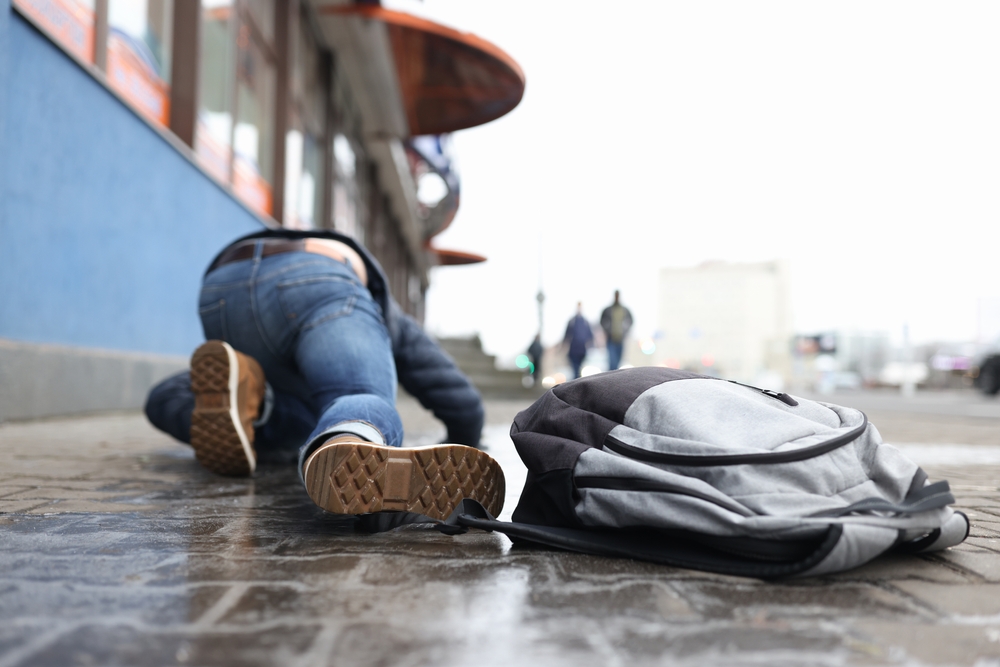
Filing A Premises Liability Claim
Filing a claim usually starts by notifying the property owner and their insurance company about the injury. This prompt notice can help document important details and trigger insurance policies. Written records of medical care, lost income, and expenses are needed from the start.
Steps to file a claim:
- Document the accident and injury details.
- Notify the property owner and their insurer.
- Collect medical and financial records.
- Prepare and submit the legal paperwork.
Deadlines—such as the statute of limitations in Colorado—require prompt action. Missing these deadlines can prevent injured parties from seeking compensation. A premises liability lawyer in Denver ensures all required documents are filed correctly and on time.
The Role Of Insurance Companies
Insurance companies play a key role in premises liability cases. After being notified, they investigate the incident, review evidence, and determine if their client is liable. They may offer settlements, but initial amounts often do not cover all losses.
Adjusters generally seek to protect their employer’s interests. They may challenge the claim or argue the injured person shares fault. It’s important for claimants to avoid making statements or signing documents before consulting legal counsel.
A lawyer helps negotiate with insurers and aims for fair compensation that covers medical costs, lost earnings, and other damages. If negotiations fail, the lawyer may pursue the matter in court.
Securing Legal Representation
Hiring a premises liability lawyer in Denver or another area provides guidance throughout the legal process. An attorney explains legal rights, evaluates claims, gathers and preserves evidence, and communicates with insurance companies on the client’s behalf.
Premises liability lawyers often work on a contingency fee basis, meaning they only get paid if the case is successful. This arrangement makes legal representation more accessible, especially when facing high medical bills and lost income.
An experienced lawyer understands Colorado premises liability law and helps clients avoid mistakes that could harm their cases. Having legal support increases the chances of navigating the system successfully and receiving appropriate compensation.
Note: The information provided in this blog post has been compiled from publicly available and secondary sources. While we strive for accuracy, some details may become outdated or contain inadvertent errors. If you believe any information is incorrect or requires updating, please contact Smith & Weidinger so that we may review and make the appropriate corrections.
Disclaimer: This blog post is for informational purposes only and is not intended as a solicitation for business. The photo used is not from the scene of the incident described. Viewing this content does not create an attorney-client relationship with Smith & Weidinger. If you have been injured in an accident, please seek immediate medical attention and then consult with a qualified attorney to discuss your legal rights and options.








